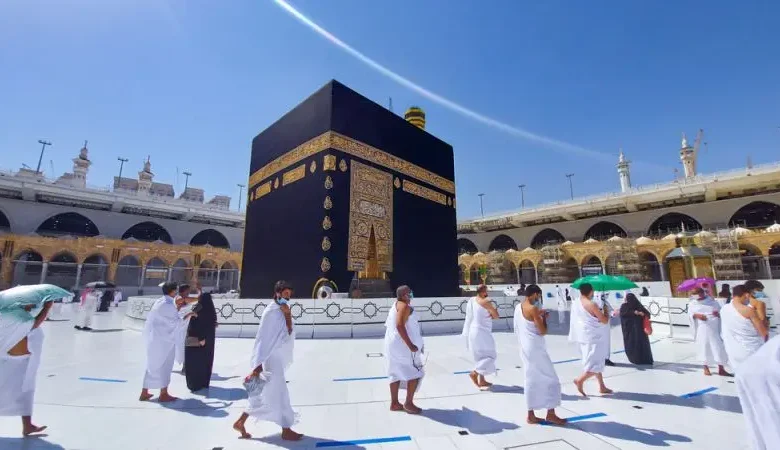What is pilgrimage (Al Hajj)?

Al Hajj is an Islamic pilgrimage to the holy city of Mecca, Saudi Arabia, it is one of the Five Pillars of Islam and is considered a mandatory religious duty for every able-bodied Muslim who can afford it.
The pilgrimage takes place during the Islamic month of Dhu al-Hijjah, specifically from the 8th to the 12th day of the month.
The world’s largest annual pilgrimage, Hajj requires the faithful to repeat a set of rituals first performed by the Prophet Mohammed centuries ago.

Hajj is considered a significant act of worship in Islam and holds great spiritual and cultural importance for Muslims worldwide. It is believed to cleanse the soul, provide an opportunity for repentance and forgiveness, and strengthen one’s connection with Allah.
Al Hajj involves a series of rituals that pilgrims must perform in and around the holy city of Mecca. Some of the essential rituals include:
Tawaf: Circumambulation of the Kaaba, the most sacred site in Islam, located within the Masjid al-Haram.
Sa’i: Walking or running between the hills of Safa and Marwa, reenacting Hagar’s search for water for her son Ishmael.
Wuquf: Spending a day of prayer and reflection at the plain of Arafat, considered the most critical aspect of Hajj.
Stoning of the Devil: Symbolically casting stones at three pillars in Mina, representing the rejection of Satan’s temptations.
Eid al-Adha: The culmination of Hajj, marked by the celebration of Eid and the sacrifice of an animal (usually a sheep or goat) as an act of obedience to Allah.

Those who are unable to perform the pilgrimage for financial or health reasons are exempt. If they can afford it, Muslims can have someone perform Hajj on their behalf, with Sharia advising they fund someone who would otherwise be unable to attend.










